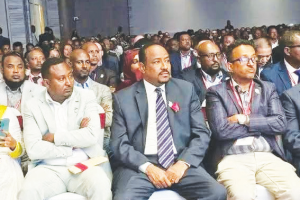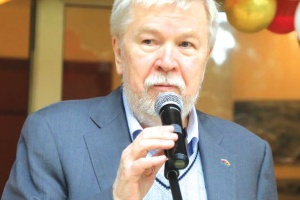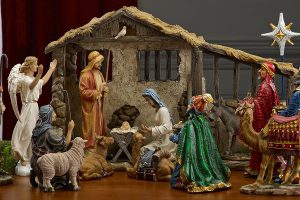The marriage ceremony of the people of Boro-Shinasha is only one of its kinds for the reason that it has the power of melting one’s heart and attracting the attention of quite a lot of people at the drop of a hat. According to the custom, couples do not get married and live under the same roof as husband and wife earlier than they get matured. As a matter of fact, youngsters of the zone do not miss the intended target except following suit over and over again. They attach importance to their traditions, cultures, norms and what have you.
Tizazu Babea is Communication Affair Office Expert of Metekel Zone, Debatie Woreda. Relating to the matter he said, “In our zone, couples attach significance to their customs. By hook or crook, they do not get off the track and breach the tradition. They do love their traditions with all their heart. Marriage is a convention which is made between a man and a woman.
The marriage tradition among the people of Boro-Shinasha is mostly conducted and protected by their socio-cultural systems. More to the point, the traditional value of the BoroShinasha allow marriage only outside a social group (exogamous) and not to be conducted among the same clan members. Approached by The Ethiopian Herald, Tizazu said, “There are five traditional marriage systems. Wi’rra (Betrothal), ‘Ts’tsa (elopement), Naata marriage (widow inheritance), Biqaa’/ puriyya (Abduction) and ‘Ji’yya’ are but to mention a few.
To begin with, Wi’rra (Betrothal) or promise is considered as customs and rules. More often than not, it is practiced largely amongst the community. In fact, Wirra is a formal marriage mostly arranged by the parents of the bride and bridegroom. As the custom dictates to the bridegroom’s parents they search a bride for their son on their own ways. Before they establish any contact with the bride’s parents pertaining to the case, parents conduct research on the background of the girl bringing into play a range of traditional methods and counting back seven generations. Having completed their mission, through elderly people the boy’s parents are made to sit for a round table discussion.
Then, they go straight to the home of the girl’s parents and ask the hands of their daughter for marriage. Through the elderly, the parents of both parties meet and toss ideas around concerning the wedding in black and white. If they reach a consensus, they set a wedding date and make an effort to cover the wedding expenses within the shortest time possible.
In the traditional wedding ceremony, the parents of the bridegroom encourage their son to get himself involved in plowing their land and have possession of property with the purpose of letting him own initial capital which allow him to have enough money for the bride wealth that allow couples to start a family and lead a meaningful life. By the same token boys in the zone actively get themselves engaged in accumulating property that enable them to pay money for their own basic needs.
While we are on the subject, the amount of bride wealth payment in Wi’rra or betrothal marriage depends upon the wealth capacity of the boy and his families. In the past, the bride wealth was three gold earrings, a gold necklace, and suit for the bride’s father and a wide spectrum of clothes for the mother. Above and beyond, the bridegroom was expected to provide the bride with ten-thirty kilograms of honey for local Beer, a kilo of coffee, two bars of salt and a jewelry costing 2000 to 5000 birr.
But at this point in time, the bride wealth is turning out to be very high. For instance, the bridegroom is expected to provide the bride with eight grams of gold, an ox, four kilo gram of coffee, 5000-10,000 Birr for jewelry, among others. By the same token, Ba’rre Danda (bar of salt) is provided as bride wealth payment. Then, the bride should share amongst her close relatives. Ts’tsa (Elopement and Puriyya) or Abduction takes place secretly by the consent of the bride and the bridegroom.
According to elders Mareye Yesho and Tarekegn Jarra, residents of debate, the aforementioned type of marriage occurs when the two couples fall madly in love. Mostly as it is the affair of the couples, parents do not interfere in what does not concern them. Their interference could be only in terms of economy. After passing through some procedures, couples set the date of marriage based on their interest. Subsequently, the bridegroom pays money for jewelries, clothes and other related aspects for the bride and her parents. Biqaa/puriyya/ Abduction is another form of marriage.
It is carried out without the consent of the bride. (Now this culture is on the decline following sensitization work) But when we come to Ts’tsa, it is carried out by the consent of the bride. After abduction, bridegroom’s parents send elderly people to get to the bottom of their problem in a peaceful way. If bride’s parents accept the elderly people, then they meet with the parents of the bridegroom. If they reach into a consensus, they set a wedding date apart from making the bridegroom buy some bride wealth based on his capacity. Later, the bride’s and bridegroom’s parents decide on the bride wealth.
Herald FEBRUARY 3/2019
BY MUSSA MUHAMMED




